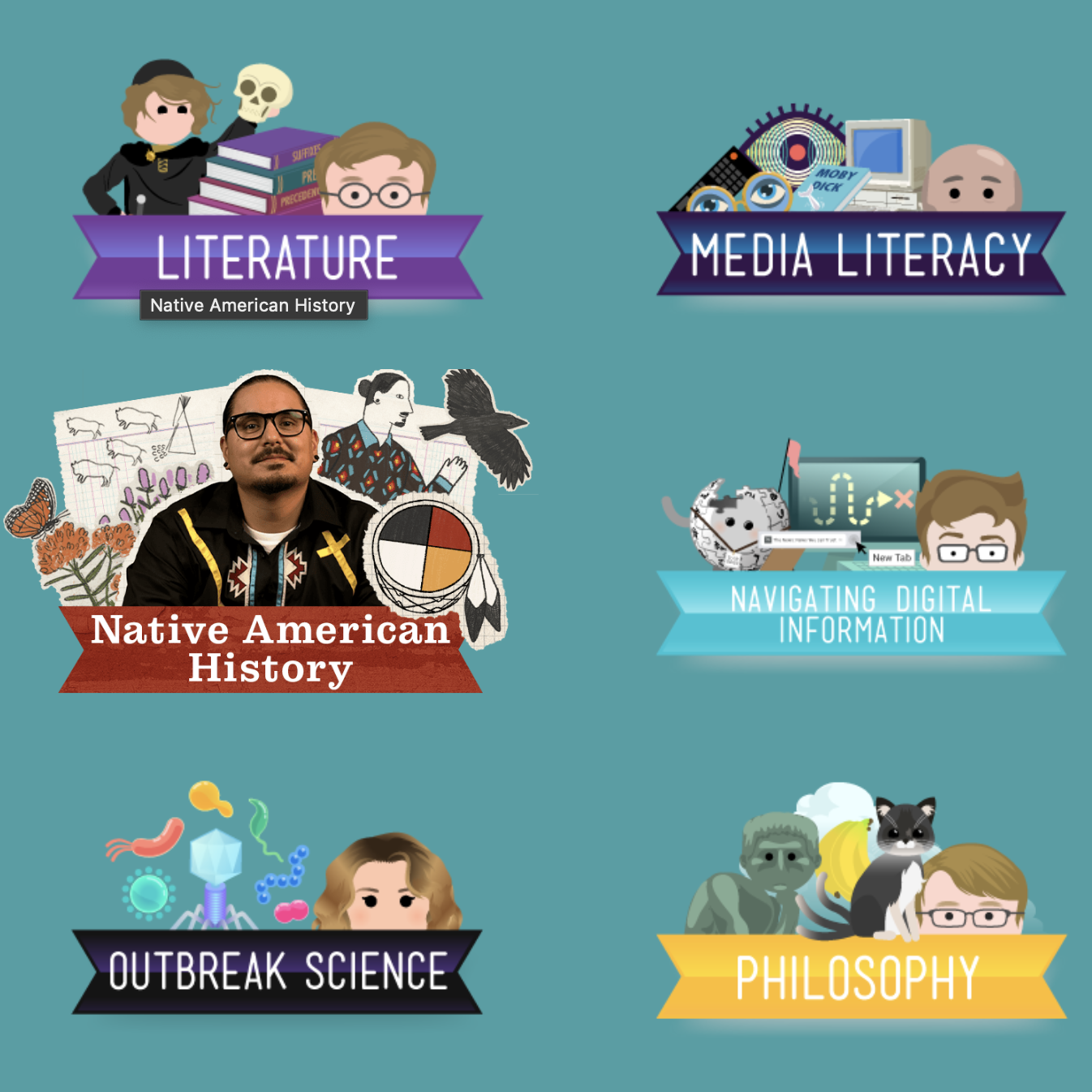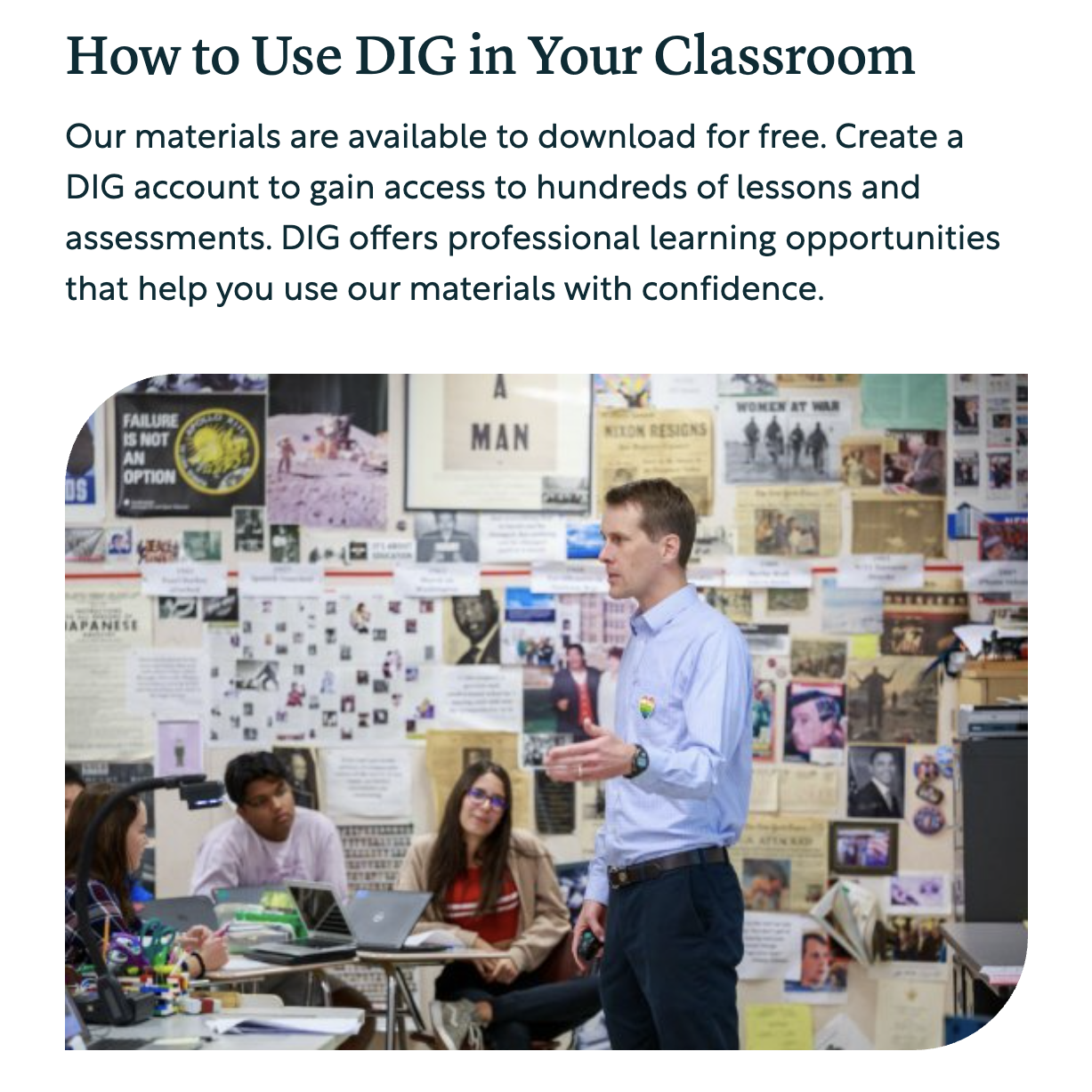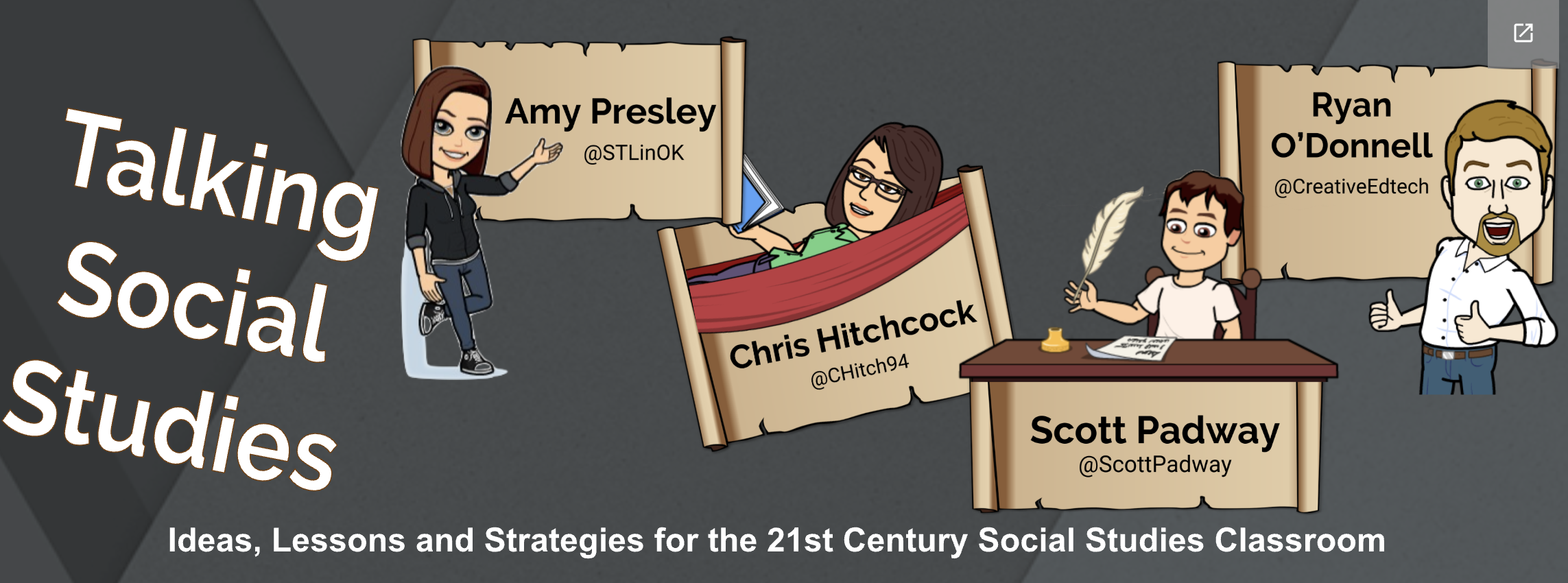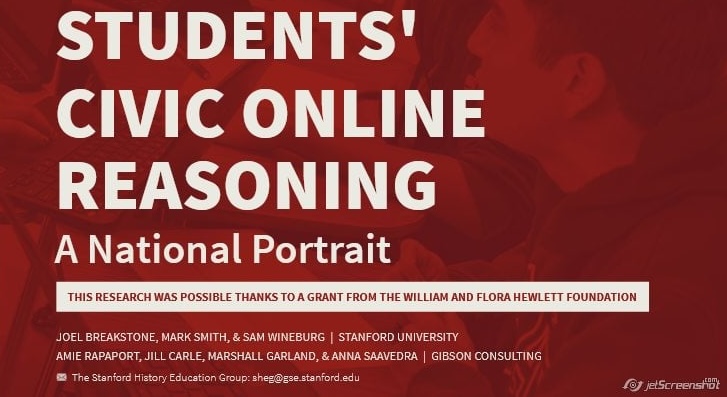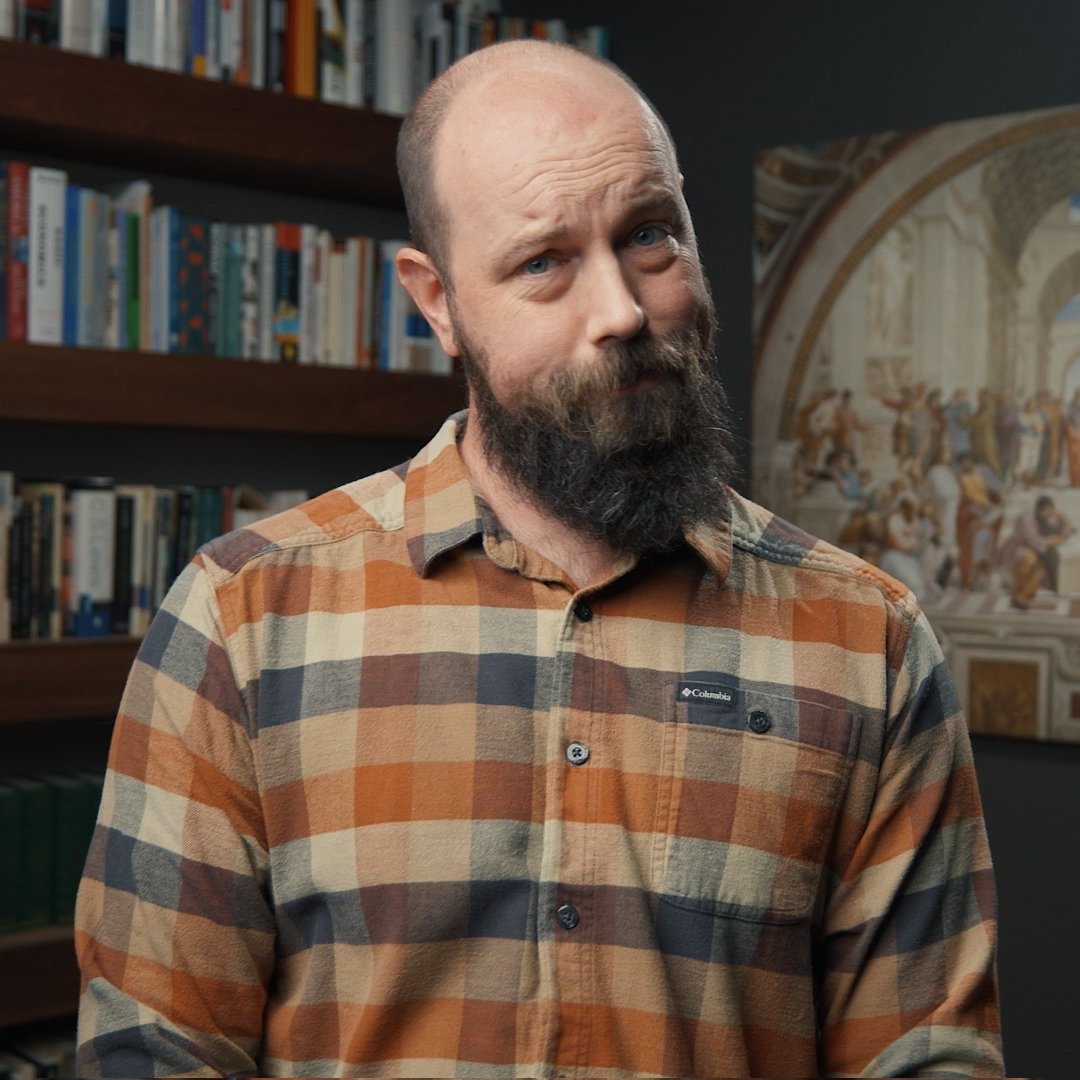
History Instruction for the Digital Age
Just as history itself evolves, so too does the way we teach and learn history. I’m not just teaching facts; I’m teaching how to navigate the digital world, how to discern truth from fiction, and how to advocate for yourself. My goal is to guide you to access, interpret and evaluate information from multiple media.
Below are some resources that support teaching and learning history in the digital age:
Videos
You’ve probably heard of them, but you may not be aware of just how many free educational videos they have on YouTube, covering over 50 diverse subjects from U.S. History to Literature to more niche topics like Games and Navigating Digital Information. These fast-paced, engaging videos are designed to make complex high school and college-level material accessible and memorable for a large audience.
Formerly known as the Stanford History Education Group (SHEG), Digital Inquiry Group (DIG) provides free videos and other resources to cultivate critical thinking, digital literacy, and historical thinking. Their free content, particularly on their YouTube channel and main website, focuses on teaching students how to “Read Like a Historian” by evaluating primary sources and how to develop “Civic Online Reasoning” skills to navigate online information effectively.
Podcasts
The Civics 101 podcast, produced by New Hampshire Public Radio, serves as an engaging refresher course on the fundamentals of how American democracy functions. Beyond their informative audio episodes, the program provides valuable educational resources, including ready-to-use lesson plans, graphic organizers, and activities directly aligned with specific episodes.
The Talking Social Studies podcast offers insightful conversations on best practices, current events, and actionable ideas for the modern history teacher. Hosted by passionate educators, the podcast explores diverse topics such as civics and economics, often featuring interviews with experts and fellow teachers.
Articles
This article presents the findings of the largest investigation of its kind, assessing the ability of 3,446 high school students across the United States to evaluate online sources. Using an assessment that required students to evaluate real digital content like Facebook videos and websites, the study revealed that students broadly struggled to discern credible information from unreliable sources. The findings underscore an urgent need to better prepare students to navigate the complex digital information landscape.
The article investigated the attitudes and practices of US history teachers regarding the use of primary sources, focusing on those teaching International Baccalaureate (IB) and Advanced Placement (AP) history. While teachers valued and frequently used primary sources, the study found a deficiency in analytical source evaluation in non-IB classes compared to IB lessons, suggesting that structured support and frameworks, like those provided by the IB program, play a significant role in fostering historical thinking skills.
Education Influencers
Steve Heimler has solidified his position as a treasured education influencer by translating complex AP-level history and government curricula into highly digestible, engaging, and often humorous video content. Through his clear explanations, strategic use of mnemonics, and free and paid resources, he has become an indispensable virtual tutor for countless high school students (and teachers).
Vlogbrothers John and Hank Green are influential figures in online education, most notably as the creators of Complexly, the media company behind popular YouTube channels like Crash Course and SciShow. Through their distinctive fast-paced, engaging, and humorous video lessons, they have democratized access to high-quality educational content for millions of students worldwide. They’ve demonstrated how digital media can effectively complement traditional education.
